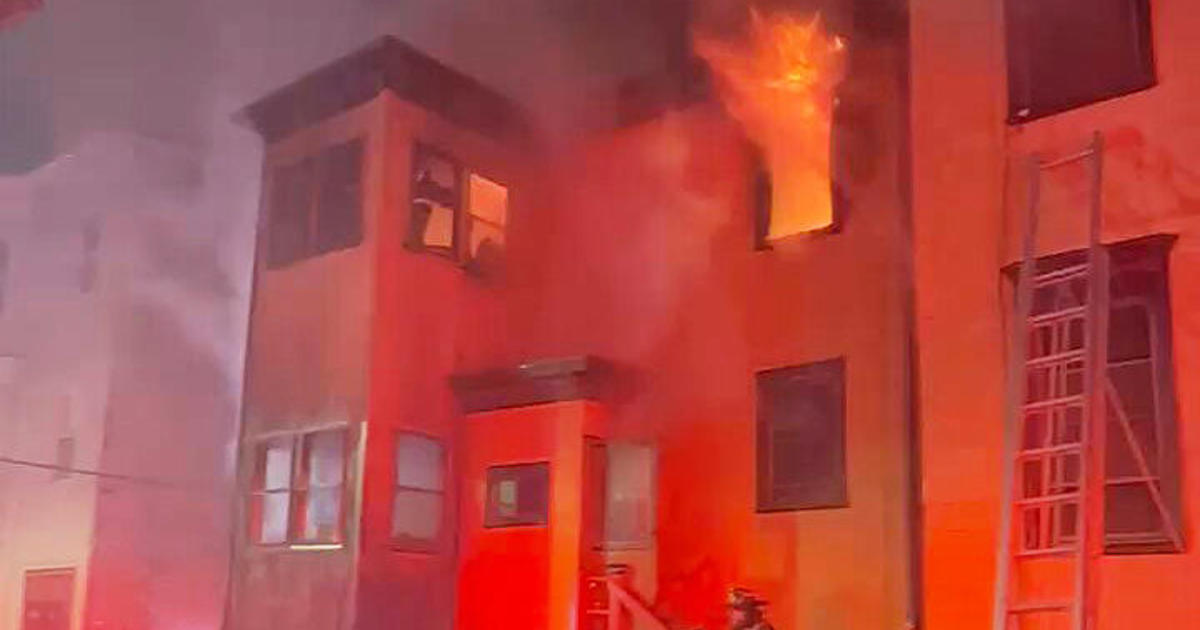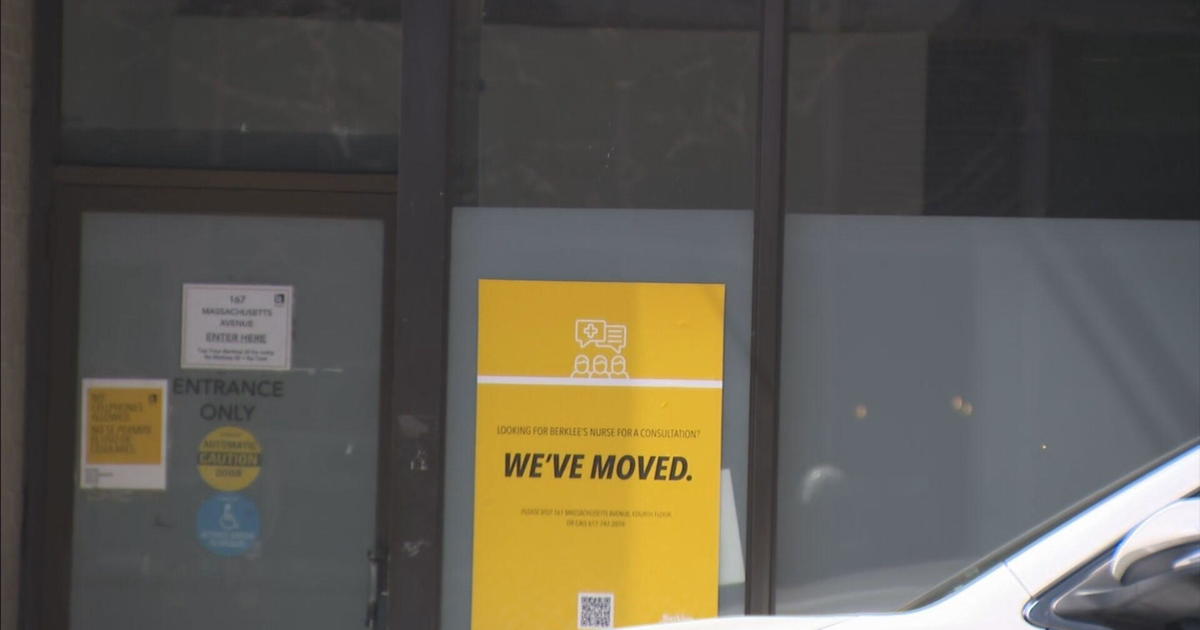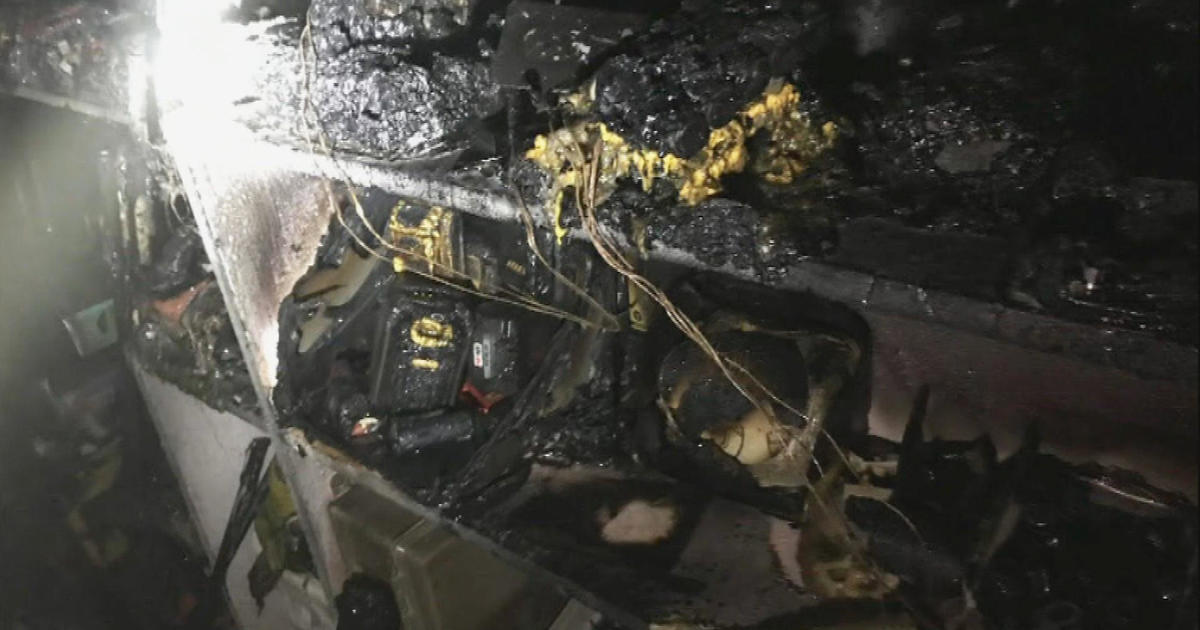I-Team: Thousands Of Gas Leaks Across Mass.
BOSTON (CBS) - It's a smell that catches our attention immediately: the unique odor of natural gas. By one estimate, there are more than 20,000 gas leaks across Massachusetts at this time. That not only presents a public safety concern, but one for ratepayers as well.
Ken Hobson of Winthrop still vividly recalls the day his Pleasant Street home blew up. "It was one of the scariest things ever. I was shocked."
Winthrop Fire Chief Paul Flanagan responded to that explosion. He was troubled by what he learned in the aftermath. "Winthrop had in excess of 100 of what the utility calls a level 3 gas leak, which means that it is basically leaking safely, if that is possible," he says.
A level 1 leak gets the gas company's attention right away because it's an immediate threat. A level 2 leak is smaller, but might be near a school or busy area. That would also be more of a priority. These smaller level 3 leaks can be releasing gas into the atmosphere for years, and there are thousands of them in Massachusetts.
Boston University Professor Nathan Phillips has led a project mapping the true number of gas leaks across the state. "We found dozens of leaks within the first couple of miles. That is when we knew there was a sizable problem."
Phillips estimates there are about 3,400 leaks in the city of Boston alone. As part of his project, a van has been outfitted with gas detecting equipment. Every second it takes a reading to measure the amount of methane, or natural gas, present in the atmosphere. Under 2.5 parts per million is considered acceptable.
The van recently surveyed trouble spots in Jamaica Plain. At one point, the readings went of the chart. "Right now we are driving thru a plume of methane and it is rising up from the buried pipes below the road," said researcher Margaret Hendricks. During this stretch, the sensors were detecting up to 24 ppm of methane.
The gas surveying team pulled over on Heath Street in Jamaica Plain after getting elevated readings. Hendricks used a combustible gas indicator to measure the percentage of gas in the air. Hendricks got readings as high as 78% from air samples taken from under the road. "You can smell it," she said.
Gas that is leaking under these roadways is obviously not getting into homes. Ratepayers, however, are still paying for this so called lost and unaccounted for gas.
"That adds up to about $38.8 million a year for ratepayers," said Marblehead State Representative Lori Ehrlich. Ehrlich has written a bill which would mandate a specific timetable to fix level 3 leaks. "The incentives are in the wrong place right now. The gas companies don't want to put a crew on the road and make the repairs because they pay for it. If the leak is left to leak, the ratepayers are paying for the lost gas," added Ehrlich.
That was a surprise to homeowner Minor Sinclair. "Fix the gas leaks, and it would save on the gas, and save the atmosphere, save on our health, and save on our rates."
National Grid wouldn't talk on camera to the I-Team. A spokesman said via email they routinely inspect and monitor their system for structural soundness. He added that since 2010, about 500 miles of leak prone gas mains have been replaced.
Leaking gas is also accused of killing trees, by starving the roots of oxygen.
The town of Brookline is suing National Grid for more than a million dollars to cover the costs of replacing dead trees.
MORE LOCAL NEWS FROM CBS BOSTON



